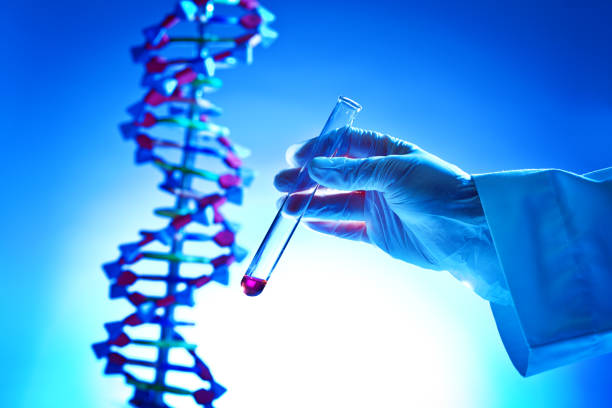DNA Tests: How Accurate Are They?

DNA tests are becoming more and more popular as people want to know more about their family history. But how accurate are these tests? Are they really able to tell you who your parents are, or if you have siblings? In this blog post, we will explore the accuracy of DNA tests and discuss how reliable they really are.
There are two main types of DNA tests: sibling DNA tests and prenatal paternity tests. Nashville sibling DNA tests are used to determine whether two individuals are related by blood. This type of test is usually 99% accurate. Prenatal paternity tests are used to determine the father of a child before it is born. This type of test is usually 99.99% accurate.
While sibling DNA tests and prenatal paternity test Nashville TN are both accurate, there are some limitations to DNA testing. First, DNA tests can only be performed on individuals who are alive. Second, DNA tests can only be performed on individuals who have a biological father. If an individual was adopted or does not have a biological father, they will not be able to take a DNA test.
Third, DNA tests can only provide information about an individual’s immediate family members. So if you are hoping to use a DNA test to learn about your extended family, you will likely be disappointed. Fourth, DNA tests are not always accurate. In some cases, individuals may share the same DNA but not be related by blood (this is known as false positives). Additionally, in rare cases, two individuals may share the same DNA but not be related by blood (this is known as false negatives).
The accuracy of DNA tests has come under scrutiny in recent years, as the technology has become more sophisticated. While DNA tests are often used to determine paternity, they can also be used to predict certain medical conditions or ancestry. However, there is a great deal of variation in the accuracy of these tests, and some experts have raised concerns about their use. In general, DNA tests are most accurate when they are used to confirm a specific hypothesis, such as paternity. However, when used for other purposes, such as predicting disease risk or ancestry, the results can be less reliable. As DNA testing technology continues to evolve, it is important to exercise caution and skepticism when interpreting the results.
So, how accurate are DNA tests? While DNA tests are generally accurate, there are some limitations to consider before taking a test. If you are hoping to use a DNA test to learn about your family history, it is important to consult with a professional to ensure that the results of your test will be accurate and helpful.
